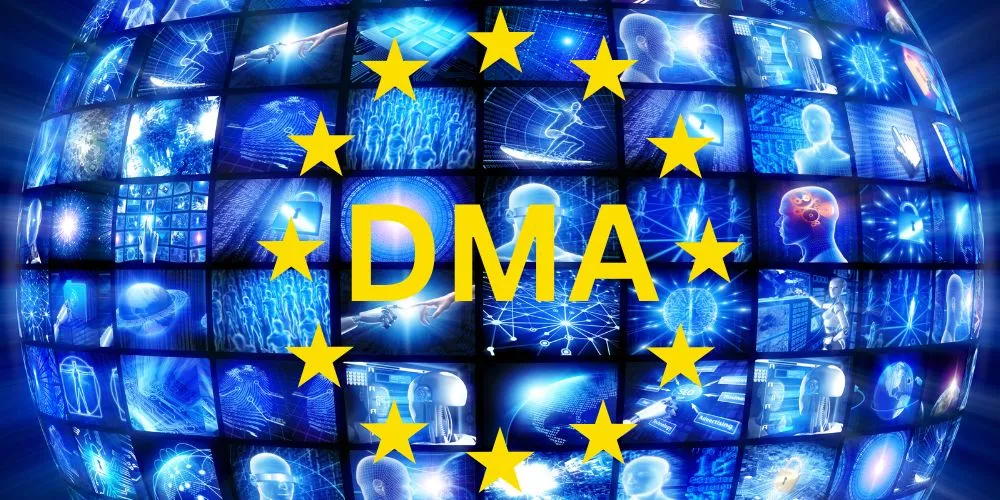Key Points
- The EU says its new Big Tech rules are not up for discussion in its trade talks with the U.S.
- The move is a direct response to U.S. complaints that the new laws unfairly target American companies.
- The EU is enforcing two major new laws, the Digital Markets Act (DMA) and the Digital Services Act (DSA), to regulate large tech platforms.
- The EU stated that it will not allow any other country to influence how it enforces its regulations.
The European Union fired a clear warning shot at the United States on Monday, saying its tough new rules for Big Tech are not a bargaining chip in their ongoing trade talks. The EU is pushing back strongly against U.S. criticism that the new laws unfairly target American companies, such as Google, Apple, and Meta.
The EU recently passed two landmark pieces of legislation: the Digital Markets Act (DMA) and the Digital Services Act (DSA). The DMA is designed to rein in the power of the biggest tech giants, while the DSA requires platforms to do a better job of fighting illegal and harmful content online. Many were concerned that the U.S. would use its leverage in the trade negotiations to persuade the EU to water down these new rules.
But an EU spokesperson shut that idea down completely. “The legislations will not be changed. The DMA and the DSA are not on the table in the trade negotiations with the U.S.,” spokesperson Thomas Regnier said at a news conference. He made it clear that the EU will not let any foreign government interfere with how it enforces its laws.
The EU has already begun to flex its new regulatory muscle, issuing fines to both Apple and Meta earlier this year. Both companies could face even more daily fines if they don’t fully comply with the new rules in the coming months. The message from Brussels is loud and clear: when it comes to regulating Big Tech, the EU is in charge.




